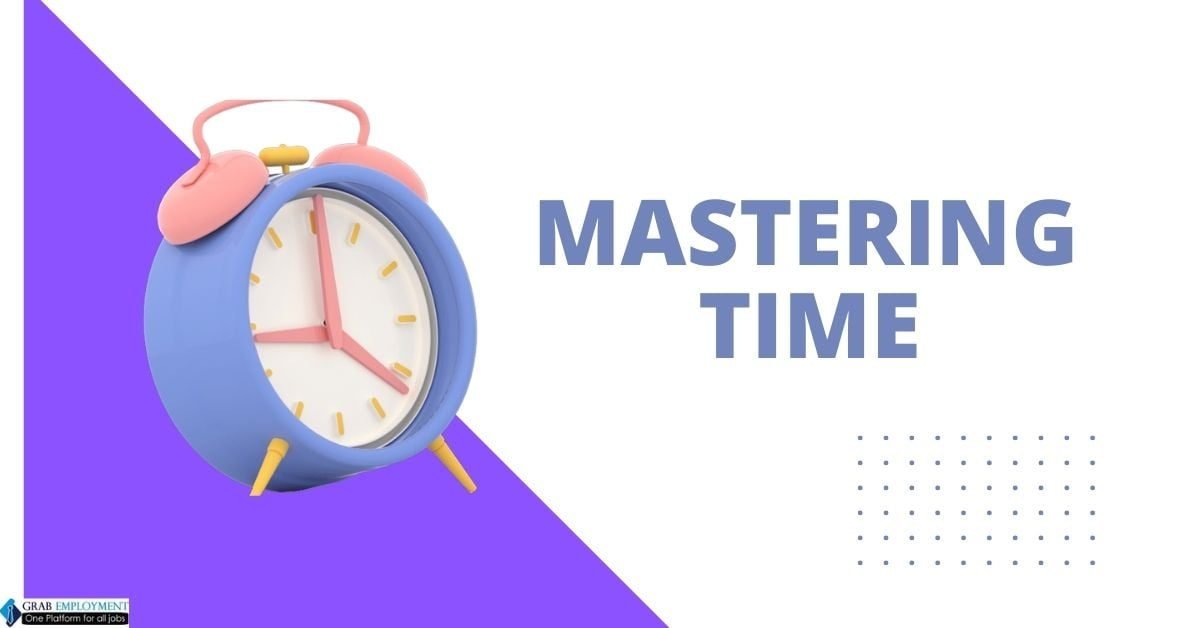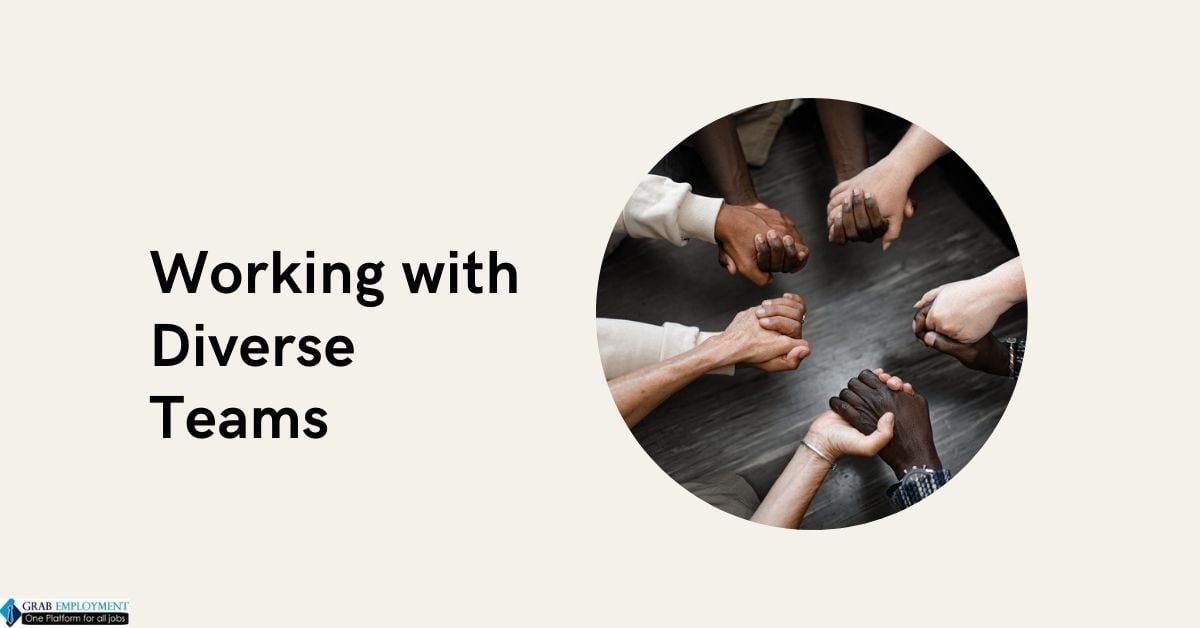Embracing Change: Demonstrating Flexibility and Adaptability in the Interview Process
Introduction:
In today’s dynamic and ever-changing work environment, the ability to demonstrate flexibility and adaptability is essential for success. During the interview process, employers are not only assessing candidates’ skills and qualifications but also evaluating their capacity to navigate uncertainty, embrace change, and thrive in diverse situations. In this article, we explore the importance of showing flexibility and adaptability to the interviewer and provide practical strategies for showcasing these qualities effectively.
Understanding Flexibility and Adaptability:
Flexibility and adaptability are valuable competencies that allow individuals to respond effectively to changing circumstances, challenges, and opportunities. Here’s what these qualities entail:
- Flexibility: Flexibility involves being open-minded, receptive to new ideas, and willing to adjust plans or approaches as needed. Flexible individuals can adapt their behavior, priorities, and strategies to accommodate evolving situations and requirements. They demonstrate resilience, creativity, and a solution-oriented mindset in the face of uncertainty or ambiguity.
- Adaptability: Adaptability refers to the ability to thrive in diverse environments, embrace change, and learn from new experiences. Adaptable individuals are quick to assess and respond to changing conditions, anticipate future trends, and proactively seek opportunities for growth and development. They demonstrate agility, resourcefulness, and a willingness to step outside their comfort zones to achieve success.
The Significance of Showing Flexibility and Adaptability to the Interviewer:
Demonstrating flexibility and adaptability to the interviewer is crucial for several reasons:
- Reflects Resilience: Showing flexibility and adaptability signals your resilience and capacity to overcome challenges and setbacks. Employers value candidates who can remain calm, composed, and resourceful in the face of adversity or change. Your ability to adapt to new situations and bounce back from setbacks demonstrates your readiness to navigate the complexities of the role and the organization.
- Indicates Problem-Solving Skills: Flexibility and adaptability are closely linked to problem-solving skills. Employers seek candidates who can think critically, analyze situations from multiple perspectives, and generate innovative solutions to complex problems. Your ability to adapt your approach and pivot when necessary demonstrates your capacity to address challenges creatively and effectively.
- Aligns with Organizational Needs: In today’s rapidly evolving business landscape, organizations require employees who can adapt to changing market conditions, customer preferences, and technological advancements. Showing flexibility and adaptability to the interviewer signals your readiness to align with the organization’s evolving needs, priorities, and strategies. Employers are more likely to invest in candidates who demonstrate a willingness to grow, learn, and evolve with the company.
- Enhances Team Dynamics: Flexibility and adaptability contribute to positive team dynamics and collaboration. Employers value candidates who can adjust their communication styles, work preferences, and problem-solving approaches to collaborate effectively with diverse teams and stakeholders. Your ability to adapt to different personalities, work styles, and cultural norms fosters a supportive and inclusive work environment where everyone can thrive.
Strategies for Showing Flexibility and Adaptability to the Interviewer:
Here are some practical strategies for showcasing flexibility and adaptability during the interview process:
- Share Relevant Examples: Draw upon past experiences and situations where you demonstrated flexibility and adaptability in the workplace. Provide concrete examples of how you adjusted to changing priorities, overcame obstacles, or embraced new challenges. Use the STAR method (Situation, Task, Action, Result) to structure your responses and provide context for your achievements.
- Highlight Transferable Skills: Highlight transferable skills that demonstrate your flexibility and adaptability, such as communication, problem-solving, time management, and collaboration. Discuss how these skills have enabled you to navigate diverse challenges, work effectively in different environments, and achieve successful outcomes across various roles or industries.
- Emphasize Learning and Growth: Communicate your commitment to continuous learning and professional development. Discuss how you’ve sought out new opportunities to expand your skills, knowledge, and experiences, whether through formal training programs, online courses, or self-directed learning initiatives. Highlight instances where you’ve stepped outside your comfort zone to acquire new skills or take on unfamiliar responsibilities.
- Address Change Management: Demonstrate your understanding of change management principles and practices. Discuss your approach to managing change effectively, including how you communicate changes to stakeholders, address resistance or concerns, and facilitate smooth transitions. Share examples of how you’ve successfully led or contributed to change initiatives in previous roles.
- Be Open-Minded and Responsive: During the interview, demonstrate openness to feedback, constructive criticism, and alternative viewpoints. Be receptive to new ideas, perspectives, and approaches proposed by the interviewer or other panel members. Show that you’re willing to consider different viewpoints and adapt your thinking or behavior based on new information or insights.
- Showcase Problem-Solving Abilities: Highlight your problem-solving abilities and your capacity to think creatively and analytically in challenging situations. Discuss specific instances where you’ve identified opportunities for improvement, developed innovative solutions, or overcome obstacles through strategic thinking and collaboration. Emphasize your ability to remain calm, focused, and solution-oriented under pressure.
Sample Responses for Demonstrating Flexibility and Adaptability:
Here are some sample responses demonstrating how to showcase flexibility and adaptability during an interview:
- “In my previous role, I was tasked with leading a cross-functional project that required us to pivot our strategy midway through due to unforeseen market changes. Despite the initial setbacks, I quickly mobilized the team, reassessed our approach, and developed a new plan that aligned with the emerging trends. By fostering open communication and collaboration, we were able to adapt to the changing landscape and achieve our project goals ahead of schedule.”
- “As a [job title], I’ve encountered various challenges that have required me to be flexible and adaptable in my approach. One example was when our team faced a sudden increase in workload due to a key team member’s unexpected absence. To ensure continuity and meet our deadlines, I stepped up to take on additional responsibilities, redistributed tasks among team members, and implemented process improvements to streamline our workflow. By embracing the challenge and working together, we were able to overcome the obstacles and deliver results with minimal disruption.”
- “Throughout my career, I’ve actively sought out opportunities to expand my skills and knowledge in new areas. For instance, when I transitioned from [previous role] to [current role], I recognized the need to acquire proficiency in [specific skill or technology]. I enrolled in online courses, attended workshops, and collaborated with colleagues to deepen my understanding and expertise in the subject matter. By embracing a growth mindset and seeking out learning opportunities, I was able to successfully transition into the new role and contribute to the team’s success.”
Conclusion:
Demonstrating flexibility and adaptability to the interviewer is essential for showcasing your readiness to navigate change, overcome challenges, and thrive in diverse environments. By sharing relevant examples, highlighting transferable skills, emphasizing learning and growth, addressing change management principles, being open-minded and responsive, and showcasing problem-solving abilities,
you can effectively showcase your flexibility and adaptability during the interview process. Remember, employers value candidates who demonstrate resilience, creativity, and a willingness to embrace new opportunities and challenges. With thoughtful preparation and authentic communication, you can leave a lasting impression on the interviewer and position yourself as a valuable asset to the organization.






